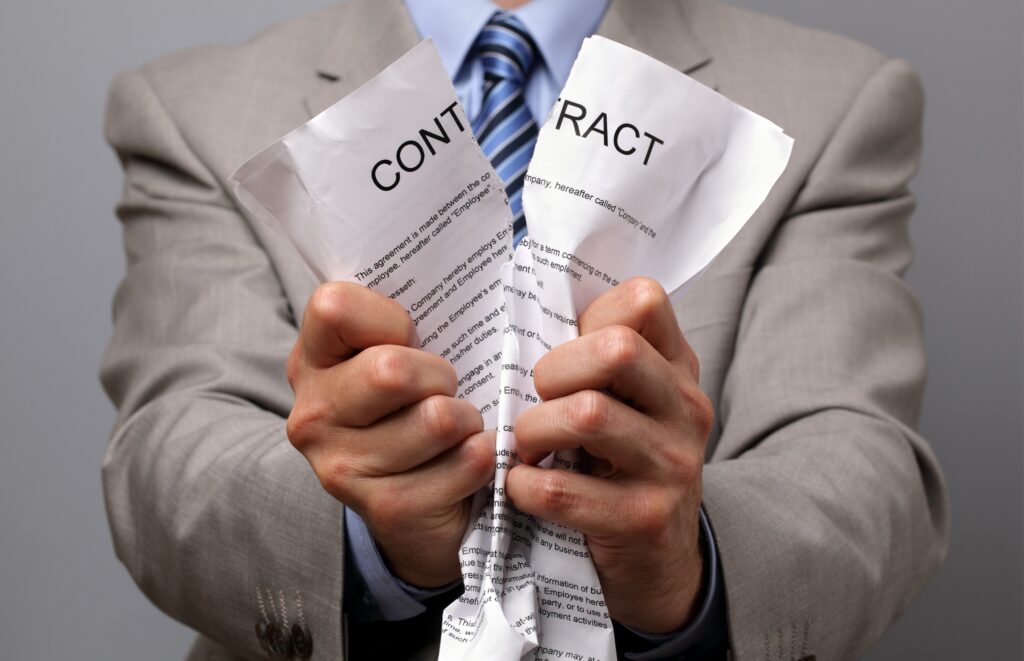Power Struggle
To the Editor:
Discussing the tension between President Trump and Fed Chairman Powell, Steven Sears describes it as “this historically unusual relationship between two of the world’s most powerful people” (“Playing the Fed’s Next Rate Move,” July 11). But it’s not so unusual for there to be serious tension between the holders of these two high offices.
President Truman was greatly provoked when the Fed wanted to raise interest rates while he was fighting and financing the Korean War. He summoned the entire Federal Open Market Committee to the White House—and they came—to tell them what to do. But they didn’t follow his instructions. This dispute ended up with the resignation of the Fed chairman, Thomas McCabe. “McCabe was informed that his services were no longer satisfactory,” Truman later said.
President Lyndon Johnson was likewise made furious when Fed Chairman William McChesey Martin’s raised interest rates while Johnson was trying to finance both a war and big welfare programs. Johnson summoned Martin to his Texas ranch, where he pushed him around the living room, yelling in his face, “Boys are dying in Vietnam and Bill Martin doesn’t care!”
The pressure brought by President Nixon on Fed Chairman Arthur Burns is legendary. Said Nixon, “I respect [Burns’] independence. However, I hope that independently he will conclude that my views are the ones that should be followed.”
It’s hardly surprising that “two of the world’s most powerful people,” whoever holds those positions at the time, should occasionally clash.
Alex J. Pollock, R Street Institute, Washington, D.C.






